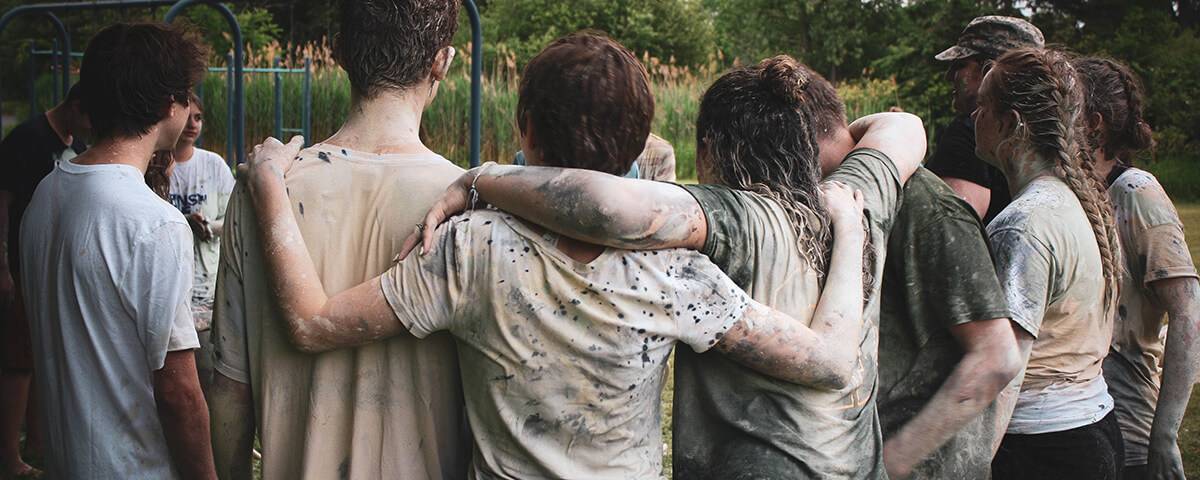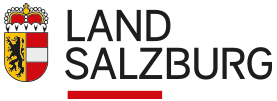Resilient Communities
In this research project, we explore factors that help communities cope with catastrophes, tragedies, and crises. We closely combine philosophical approaches and empirical findings, terminological work with ‘local knowledge,’ and we include people affected by such events in our work.

Dealing with the Inexorable
How Communities and Organizations Develop Resilience in the Face of Catastrophes and Crises.
About the Research
Resilience is a person’s capability to cope with existential uncertainties – or the ability to thrive despite adverse circumstances. Resilience is the power of resistance. Experiencing crises and tragedies together can either divide or unite people. Dealing with them successfully can lead towards a renewed sense of community, towards a ‘new normal.’
Case Study 1 is conducted in a community (St. Jahann im Walde) that has been deeply struck by natural disaster. If human lives are lost in such tragedies, they impose painful lessons upon entire communities, and they require thoughtful, competent, and not least ‘humane’ decision-makers who are able to overcome them. What were the greatest challenges for those in charge, and how did they approach them? How did the tasks change them, and how do they look back on this experience? What (and who) proved to be supportive and healing? What was difficult or even overwhelming?
Case Study 2 focuses on communal support systems for those who have come to be in need because of the Covid-19 crisis. What are experiences made by those managing existing support systems, and what kind of new initiatives have been introduced? What kind of strategies were successful in supporting those who have suffered/are suffering especially because of the implemented measures? What is the role of (old and new) forms of engagement by actors from civil society and volunteers?
The tragedy of catastrophes and crises cannot be denied. Nonetheless, such events are also important opportunities to learn existential lessons. Approaching questions about such lessons is a challenge the ifz accepts, as it is a chance to gain relevant knowledge and document insights about a successful coexistence.
Milestones/Output
- Report on the findings of the online survey about the impact of the Covid-19 pandemic on social support systems and on people in need in the city of Salzburg (download the pdf-file, German;)
- edited volume on resilient communities
- booklet about the town St. Johann am Walde („Saiga Hans“), exemplifying a resilient community
- final project report including a conclusion and recommendations
- glossary

